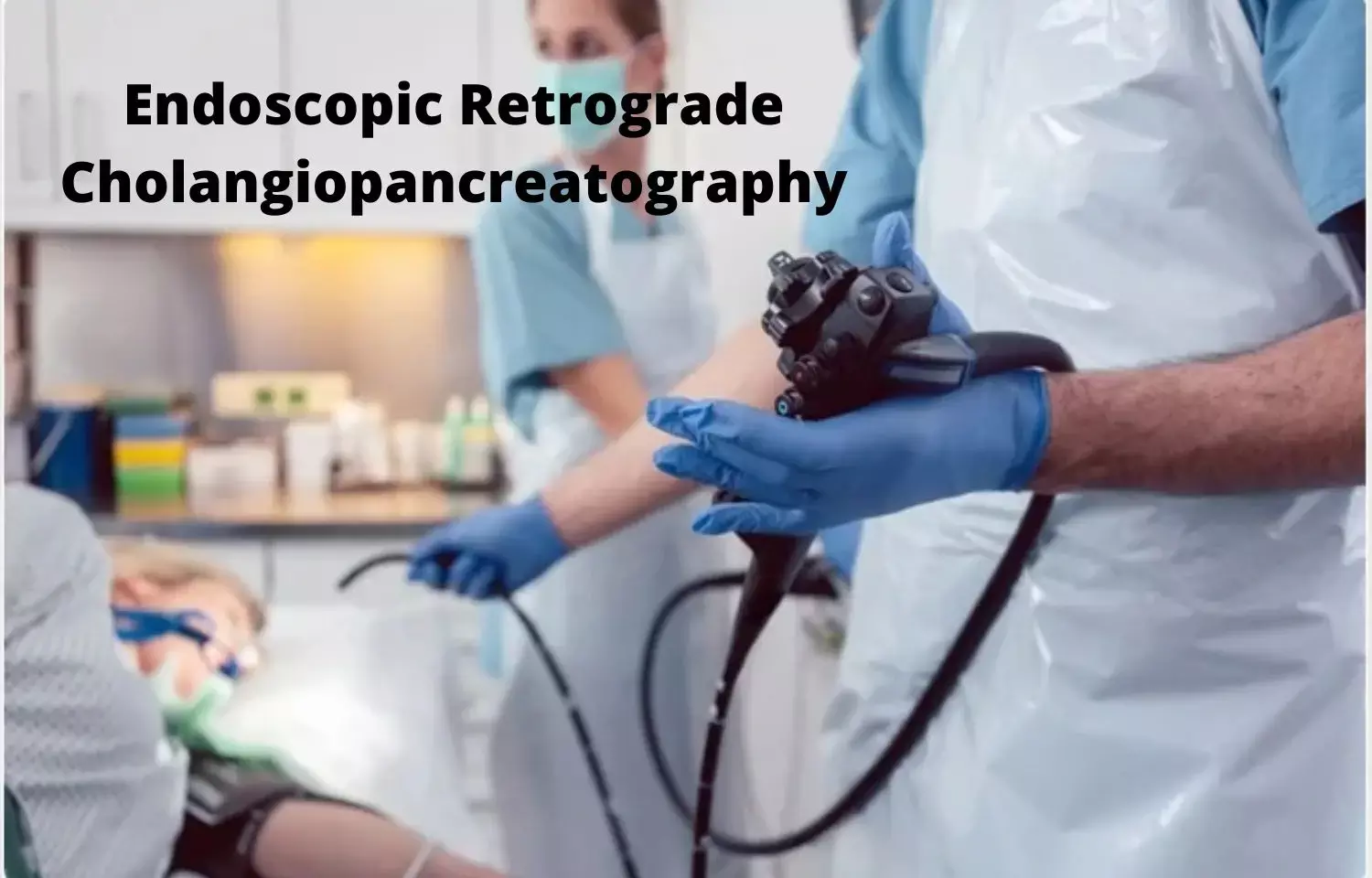- Home
- Medical news & Guidelines
- Anesthesiology
- Cardiology and CTVS
- Critical Care
- Dentistry
- Dermatology
- Diabetes and Endocrinology
- ENT
- Gastroenterology
- Medicine
- Nephrology
- Neurology
- Obstretics-Gynaecology
- Oncology
- Ophthalmology
- Orthopaedics
- Pediatrics-Neonatology
- Psychiatry
- Pulmonology
- Radiology
- Surgery
- Urology
- Laboratory Medicine
- Diet
- Nursing
- Paramedical
- Physiotherapy
- Health news
- Fact Check
- Bone Health Fact Check
- Brain Health Fact Check
- Cancer Related Fact Check
- Child Care Fact Check
- Dental and oral health fact check
- Diabetes and metabolic health fact check
- Diet and Nutrition Fact Check
- Eye and ENT Care Fact Check
- Fitness fact check
- Gut health fact check
- Heart health fact check
- Kidney health fact check
- Medical education fact check
- Men's health fact check
- Respiratory fact check
- Skin and hair care fact check
- Vaccine and Immunization fact check
- Women's health fact check
- AYUSH
- State News
- Andaman and Nicobar Islands
- Andhra Pradesh
- Arunachal Pradesh
- Assam
- Bihar
- Chandigarh
- Chattisgarh
- Dadra and Nagar Haveli
- Daman and Diu
- Delhi
- Goa
- Gujarat
- Haryana
- Himachal Pradesh
- Jammu & Kashmir
- Jharkhand
- Karnataka
- Kerala
- Ladakh
- Lakshadweep
- Madhya Pradesh
- Maharashtra
- Manipur
- Meghalaya
- Mizoram
- Nagaland
- Odisha
- Puducherry
- Punjab
- Rajasthan
- Sikkim
- Tamil Nadu
- Telangana
- Tripura
- Uttar Pradesh
- Uttrakhand
- West Bengal
- Medical Education
- Industry
Endoscopic papillary large balloon dilation reduces stone recurrence better than conventional ERCP: Study

China: A recent study by Xu Wang and colleagues found that nearly 50% of the patients with recurring common bile duct stone (CBDS) had a stone recurrence following conventional endoscopic retrograde cholangiopancreatography (ERCP) during the long-term follow-up. The findings of this study were published in The American College of Gastroenterology.
After endoscopic retrograde cholangiopancreatography, up to 60% of patients with recurrent CBDS experience further recurrence. For the majority of patients, there are no reliable ways to stop recurrence. Therefore, the purpose of this study was to evaluate, through a randomized controlled trial, the short- and long-term efficacies of endoscopic papillary large balloon dilation (EPLBD) for the treatment of recurrent CBDS.
For this study, the EPLBD group or the control group received a 1:1 random assignment out of all eligible patients with recurrent CBDS. The CBDS recurrence rate within 2 years of ERCP was the main outcome. The notion of intention-to-treat was used in the analysis.
The key findings of this study were as follows:
1. There were 90 individuals in each group of 180 patients with recurrent CBDS from 2014 to 2021. All patients received one or more procedures of ERCP to completely remove their CBDS.
2. With EPLBD therapy, the rate of total clearance after just one session was much greater and they also had a considerably reduced risk of CBDS recurrence within 2 years of the follow-up than did the control group.
5. CBDS recurrence was discovered in 34.4% of patients (31/90) in the EPLBD group and in 51.1% (46/90) of patients in the control group at a median follow-up of about 56 months.
6. The EPLBD group also had a reduction in multiple recurrences (2) (4.4% vs 18.9%).
Reference:
Wang, X., Wang, X., Sun, H., Ren, G., Wang, B., Liang, S., Zhang, L., Kang, X., Tao, Q., Guo, X., Luo, H., & Pan, Y. (2022). Endoscopic Papillary Large Balloon Dilation Reduces Further Recurrence in Patients With Recurrent Common Bile Duct Stones: A Randomized Controlled Trial. In American Journal of Gastroenterology (Vol. 117, Issue 5, pp. 740–747). https://doi.org/10.14309/ajg.0000000000001690
Neuroscience Masters graduate
Jacinthlyn Sylvia, a Neuroscience Master's graduate from Chennai has worked extensively in deciphering the neurobiology of cognition and motor control in aging. She also has spread-out exposure to Neurosurgery from her Bachelor’s. She is currently involved in active Neuro-Oncology research. She is an upcoming neuroscientist with a fiery passion for writing. Her news cover at Medical Dialogues feature recent discoveries and updates from the healthcare and biomedical research fields. She can be reached at editorial@medicaldialogues.in
Dr Kamal Kant Kohli-MBBS, DTCD- a chest specialist with more than 30 years of practice and a flair for writing clinical articles, Dr Kamal Kant Kohli joined Medical Dialogues as a Chief Editor of Medical News. Besides writing articles, as an editor, he proofreads and verifies all the medical content published on Medical Dialogues including those coming from journals, studies,medical conferences,guidelines etc. Email: drkohli@medicaldialogues.in. Contact no. 011-43720751


